'Great Changes after the Liberation'
Nick Holdstock
In 1950 the Chinese Communist Party published a comic called 'Great Changes after the Liberation'.Its aim was to ‘awaken people’s disgust toward imperialists and counter-revolutionaries’ by contrasting the inequalities of pre-Liberation China with the promises of the new regime. The comic was recently posted on Weibo [Nick: isn’t Weibo like Twitter? In what way was the comic posted on it?], and generated a lot of online discussion before its removal. Though some of its predictions have come true, such as the rise of the renminbi against the dollar and the need for foreigners to obey the law, plenty of people pointed out the similarities between China now and before 1949.
The comic contrasts a pre-Liberation official surrounded by money and alcohol, indifferent to a citizen’s needs, with a selfless, cheerful cadre. The Communist Party runs frequent anti-corruption campaigns, often involving the dismissal and imprisonment of provincial officials, but corruption is endemic throughout Chinesesociety. The Bo Xilai case has strengthened perceptions that often ‘the cat and the rat are asleep together’(māo shǔ tóng mián).
The comic’s promises of low living costs (even the vegetables are happy about it) and universal housing were arguably fulfilled until the economic reforms of the 1980s. Before then most people were part of a danwei (‘work unit’) that took care of their housing and welfare needs. The reforms led to the closure of many non-competitive state-owned enterprises, and an increasingly free(and uncertain) labour market. Now many poor and middle-class people without a state job are complaining about price rises and increasing rents.
These are problems that the government freely admits to (they are present in official statistics). In late 2011 the government announced an initiative to provide affordable public housing, but there are already doubts about the scheme, partly due to corruption.
Modern China doesn’t live up to the comic’s promises in other respects, too, such as gender equality and prison conditions. But the pictures are perhaps less interesting as an ironic tool for bashing the present regime than asa record of what was hoped for, or even thought possible, 62 years ago.
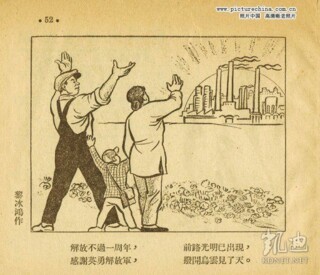
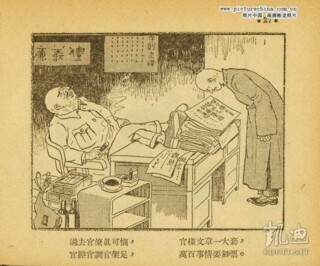
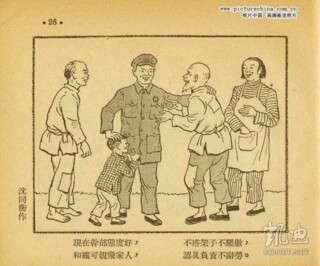
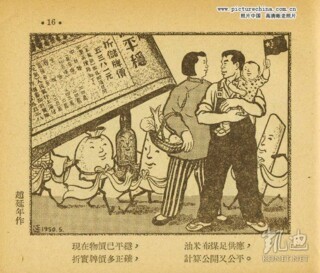
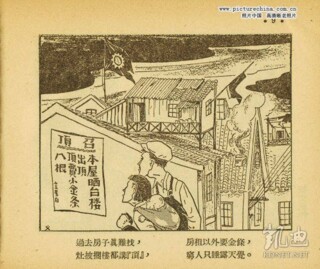
Comments